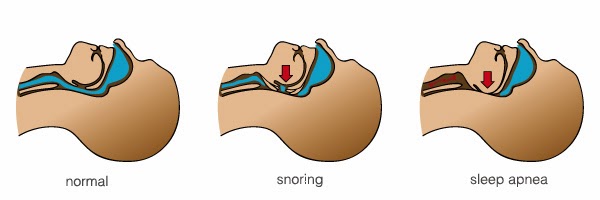Our bodies are made up of over two-thirds
water. We need water for the
proper functioning of all systems of the body including creating saliva,
perspiration and joint fluids, moistening mucous membranes, dissolving and carrying
minerals and nutrients throughout the body and flushing out waste products. Our bodies are unable to store
water so we can only last for a few days without consuming it.
Some symptoms of dehydration include
headaches, fatigue, poor sleep quality, dark coloured urine, constipation, dry
mouth, dizziness, muscle cramps and dry skin. With chronic dehydration the body learns to adapt and
changes the point at which it asks for water. The less water you drink on a regular basis, the less water
your body will ask for.
The generally accepted rule is to drink 8
glasses that are 8 oz each or almost 2L.
If you exercise during the day than this amount needs to increase
depending on how much you sweat.
If you are exercising for longer than an hour, weigh yourself before and
after exercise to see if you have lost weight due to dehydration. If you weigh less after exercise, then
you need to drink more water. You
may also need to add an electrolyte supplement if you are sweating a lot.
If you consume caffeine during the day than
you also need to consume more water. Some people say you can count caffeinated
beverages toward water intake. I
strongly disagree. Caffeine is a
diuretic. This means it increases the amount of water excreted in your
urine. My general rule for
patients is if you drink a cup of a caffeinated beverage (coffee, tea, energy
drink, soft drink) than you need to drink a cup of water to compensate. This brings you back to zero and you
have to drink your 2L on top of this.
Alcohol is an even stronger diuretic and requires even more
compensation. Some medications
will also dehydrate you.
As mentioned your body adapts to being
dehydrated so you need to increase you intake slowly. Increase your intake each week by 250ml per day. Keep increasing until you get to 2L per
day after compensating for your caffeine intake. If you still have any of the above symptoms or your urine is
still not clear or light coloured, talk to your naturopath before increasing
more, as it is possible to drink too much water.
Some of your water intake comes from fruits
and vegetables especially high water content ones like watermelon or cucumber
but unless you are consuming these in large quantities I don’t count them. Juice is mostly water, but it also contains
lots of sugar so should only be consumed in small quantities. If you don’t like
the taste of water, add a squeeze of lemon, lime or orange. Consult your naturopath if you are on
any medications or have a kidney disease.
Start drinking water today and see the difference it makes!















